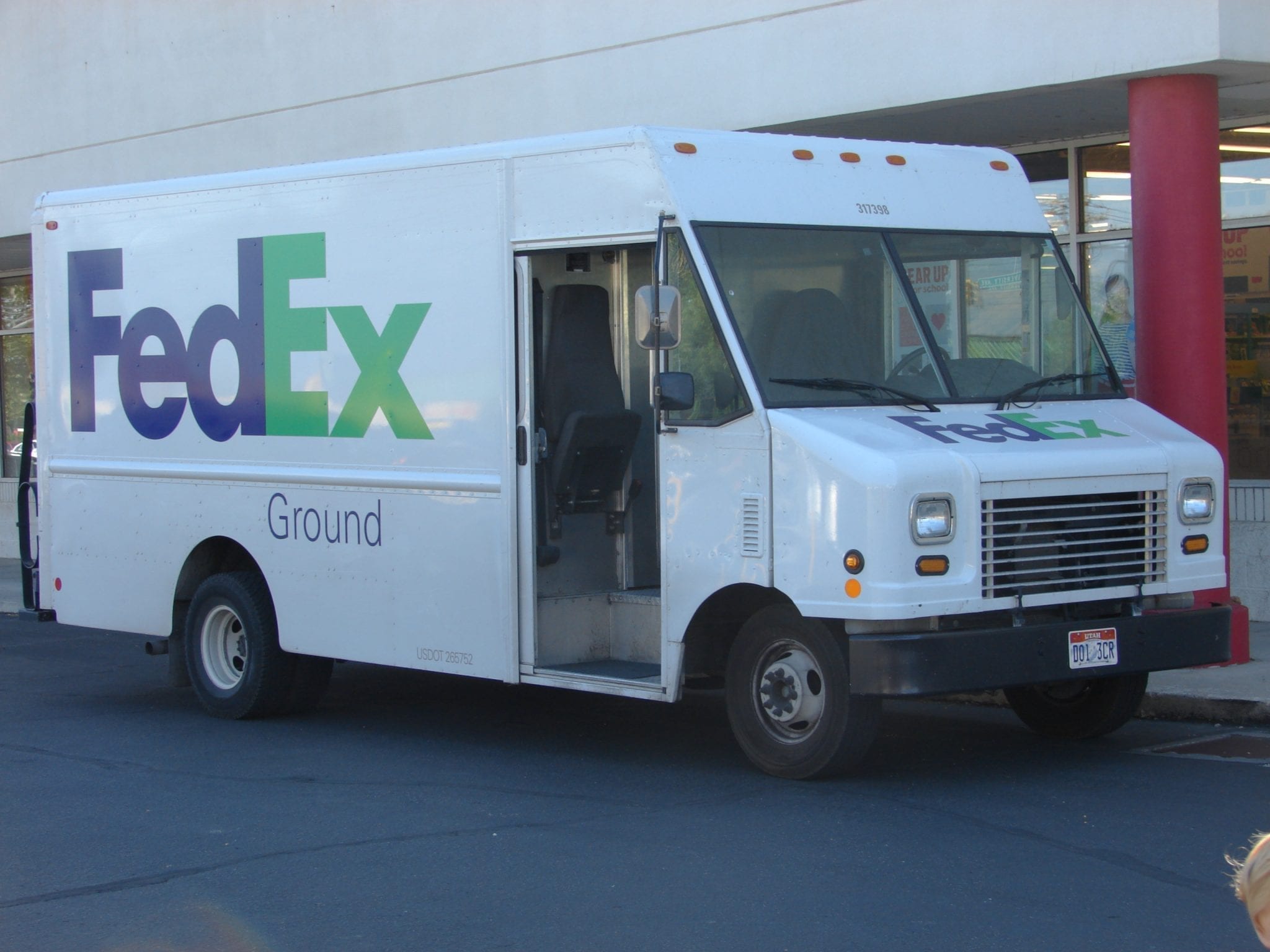Rehabilitation programs or retraining courses might be necessary depending on injury severity impacting job capabilities; planning proactively mitigates future employment challenges.
Experiencing a work vehicle accident can be overwhelming, especially when physical injuries and financial concerns come into play. Navigating the process of settling a workers’ compensation claim requires understanding specific legal steps and rights. This guide aims to provide clarity on how to proceed effectively after such an incident to ensure fair compensation.
Understanding Workers’ Compensation Claims
Workers’ compensation is designed to provide financial support to employees injured in the course of their employment. In the case of work vehicle accidents, this support covers medical expenses, lost wages, and rehabilitation costs. It’s crucial to report the accident immediately to an employer, as this initiates the claims process. Delays in reporting can lead to complications and may jeopardize eligibility for benefits.
Documenting the Accident Scene
Thorough documentation of the accident scene bolsters a workers’ compensation claim. Capturing photographs of vehicle damage, road conditions, and any visible injuries serves as concrete evidence. Collecting witness statements from coworkers or bystanders at the scene can also support the account of events leading to the mishap. Keep a detailed record of all relevant details, including date, time, weather conditions, and any conversations with other parties involved.
Seeking Medical Attention
Obtaining prompt medical attention is not only essential for health but also for establishing a medical record related to injuries sustained. A healthcare professional’s assessment provides an objective account of injuries and necessary treatments. Follow all prescribed treatments diligently and attend follow-up appointments. Keeping copies of medical records and bills helps substantiate claims for medical expenses.

Navigating Insurance Communications
Communicating with insurance companies requires careful consideration. Insurance adjusters may seek statements regarding the accident; it’s vital to provide factual information without speculating about fault or cause. Being cautious with language ensures that no statements can be misconstrued against the claimant’s interests later in the process.
Consulting a Workers’ Compensation Lawyer
Consultation with a workers’ compensation lawyer offers invaluable guidance through complex legal proceedings. Lawyers specializing in this field bring expertise that helps safeguard rights and maximizes potential compensation outcomes. They assist in understanding intricate legal jargon, filing paperwork accurately, and negotiating settlements effectively.
Understanding Settlement Options
Settlements generally fall into two categories: lump-sum settlements and structured settlements. Lump-sum payments provide a one-time payment covering future medical expenses and lost wages but may require relinquishing certain ongoing benefits. Structured settlements offer periodic payments over time, providing long-term financial security but may limit access to immediate funds.
Evaluating Settlement Offers
Evaluating settlement offers involves assessing whether they adequately cover all incurred and anticipated expenses related to the injury. Consideration should include current medical bills, future treatment costs, lost income potential due to inability to work, rehabilitation needs, and any permanent disability considerations. Consulting with a lawyer ensures that settlement offers reflect comprehensive coverage.
Appealing Denied Claims
In instances where claims are denied or settlement offers are insufficient, appealing decisions is an option. Understanding state-specific workers’ compensation laws is crucial during this stage as procedures vary widely across jurisdictions. A lawyer guides through appeal filings, represents during hearings if necessary, and aids in gathering additional evidence to strengthen cases.
Keeping Detailed Records
Maintaining organized documentation throughout all stages enhances claim success chances significantly. Keeping track of all communication with employers, insurance companies, medical providers, and legal representatives streamlines processes should disputes arise regarding any aspect of claims.
Planning for Future Financial Stability
Addressing long-term financial stability involves considering potential impacts on career trajectory post-recovery from injuries sustained in work vehicle accidents. Rehabilitation programs or retraining courses might be necessary depending on injury severity impacting job capabilities; planning proactively mitigates future employment challenges.
Conclusion
Settling workers’ compensation claims after experiencing a work vehicle accident demands meticulous attention towards legal obligations alongside personal recovery efforts involved post-accident scenarios efficiently managed via knowledgeable guidance offered through professional support channels like specialized lawyers ensuring rightful entitlements secured easing burdens encountered along recovery journey ensuring peace mind restored gradually amidst turbulent times faced


Join the conversation!